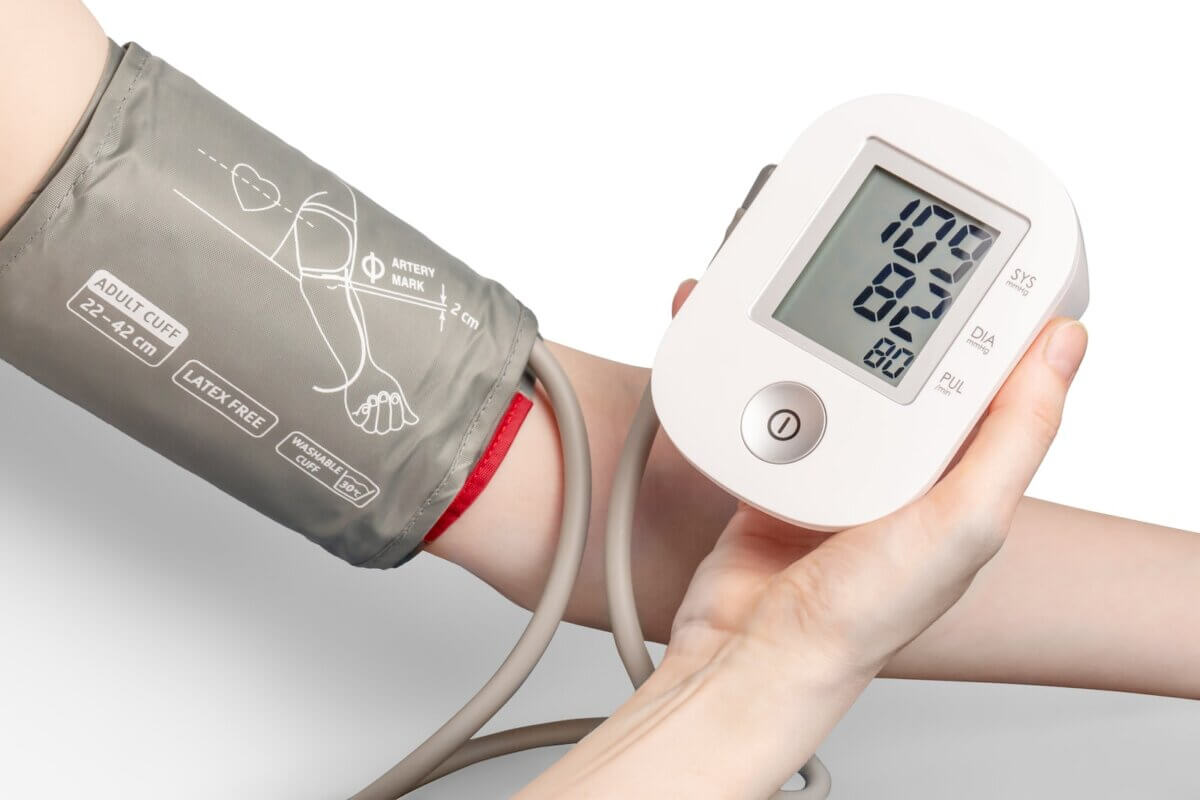DALLAS — Researchers working with the American Heart Association (AHA) warn that even one alcoholic drink daily could heighten the risk of high blood pressure in healthy adult men. Previously, some research suggested that modest alcohol consumption could be healthy for the heart. However, this latest study asserts that it could actually harm it.
According to a long-term AHA study, even moderate daily drinking could lead to potential heart attacks in adults who have not yet developed high blood pressure. Interestingly, these results seemed to affect only men, not women.
The study, which incorporated data from approximately 20,000 individuals from the United States, Korea, and Japan, revealed that blood pressure tends to increase over time in conjunction with daily alcohol consumption. Essentially, the more one drinks each day, the higher the risk of developing high blood pressure and cardiovascular disease.
This alarming study has led experts to advise that those who do not currently consume alcohol should not start and that it’s not advisable to consume alcohol in any form for potential “health benefits.”
The researchers analyzed data collected over a period of more than five years from seven extensive, observational studies, which encompassed a total of 19,548 adults from the aforementioned countries, gathered between 1997 and 2021. Most of the participants (65%) were male, and their ages ranged from 20 to early 70s at the onset of the study. None of them had been previously diagnosed with high blood pressure, any other cardiovascular diseases, diabetes, liver disease, alcoholism, or binge drinking.

– stock.adobe.com)
The average alcohol intake was recorded at the start of each study, with the daily alcohol consumption translated into grams. The researchers then used a novel statistical technique to combine the results of the different studies and plot a curve depicting the impact of any amount of alcohol typically consumed on changes in blood pressure over time.
Systolic blood pressure, the upper number in a blood pressure reading, measures the force against the artery walls when the heart contracts. As we age, this number tends to rise and it’s a strong predictor of cardiovascular disease risk. Effective blood pressure management is recognized as essential to prevent, reduce, or delay the onset of high blood pressure.
The results from drinkers were compared to those of non-drinkers, revealing that the more one habitually drinks, the higher the risk of developing high blood pressure.
For instance, systolic blood pressure rose by 1.25 millimeters of mercury (mm Hg) in those who consumed an average of 12 grams of alcohol daily. This figure jumped to 4.9mm Hg in those consuming an average of 48 grams of alcohol daily.
Diastolic blood pressure, the lower number on readings, measures the force against artery walls between heartbeats and is not as strong a predictor of heart disease. This was also found to rise by 1.14mm Hg in those consuming an average of 12 grams of alcohol daily, which increased to 3.1mm Hg in those typically consuming 48 grams per day. However, these diastolic associations were observed only in male participants, according to the study published in the journal Hypertension.

In essence, this analysis confirms, for the first time, a continuous increase in blood pressure readings in participants with both low and high daily alcohol intakes. Even low-level alcohol consumption contributed to noticeable increases in blood pressure levels, potentially leading to heightened risks of cardiovascular events such as heart attacks, strokes, and heart failure.
Dr. Marco Vinceti, a professor of epidemiology and public health in the Medical School of the University of Modena and Reggio Emilia University in northern Italy, says the “surprising” study shows no beneficial effects for those who drank, compared to those who didn’t.
“We were somewhat surprised to see that consuming an already-low level of alcohol was also linked to higher blood pressure changes over time compared to no consumption – although far less than the blood pressure increase seen in heavy drinkers,” says Dr. Vinceti, who is also an adjunct professor in the department of epidemiology at Boston University’s School of Public Health, in a media release.
“We found no beneficial effects in adults who drank a low level of alcohol compared to those who did not drink alcohol.”
“Alcohol is certainly not the sole driver of increases in blood pressure; however, our findings confirm it contributes in a meaningful way. Limiting alcohol intake is advised, and avoiding it is even better,” Vinceti adds.
“Our analysis was based on grams of alcohol consumed and not just on the number of drinks to avoid the bias that might arise from the different amount of alcohol contained in ‘standard drinks’ across countries and/or types of beverages,” notes study co-author Tommaso Filippini, M.D., Ph.D., an associate professor of epidemiology and public health in the Medical School of the University of Modena and Reggio Emilia in Italy, and affiliate researcher at the University of California Berkeley School of Public Health.
Although none of the participants had high blood pressure at the start of the studies, their blood pressure readings at the beginning of the study did impact the findings.
”We found participants with higher starting blood pressure readings, had a stronger link between alcohol intake and blood pressure changes over time. This suggests that people with a trend towards increased (although still not “high”) blood pressure may benefit the most from low to no alcohol consumption,” says study co-author Paul K. Whelton, M.D., M.Sc., the Show Chwan Chair in Global Public Health in the department of epidemiology at Tulane University’s School of Public Health and Tropical Medicine in New Orleans and president of the World Hypertension League.
South West News Service writer James Gamble contributed to this report.
You might also be interested in:
- Best Ways To Lower Blood Pressure: Top 5 Natural Methods Recommended By Health Experts
- Core exercises like planks, wall sits best for lowering blood pressure
- High blood pressure medication spironolactone may help cure alcoholism


I must be superman. Pint of whiskey a day for decades and my blood pressure is perfect, I do have stage one fatty liver, but zero scarring.